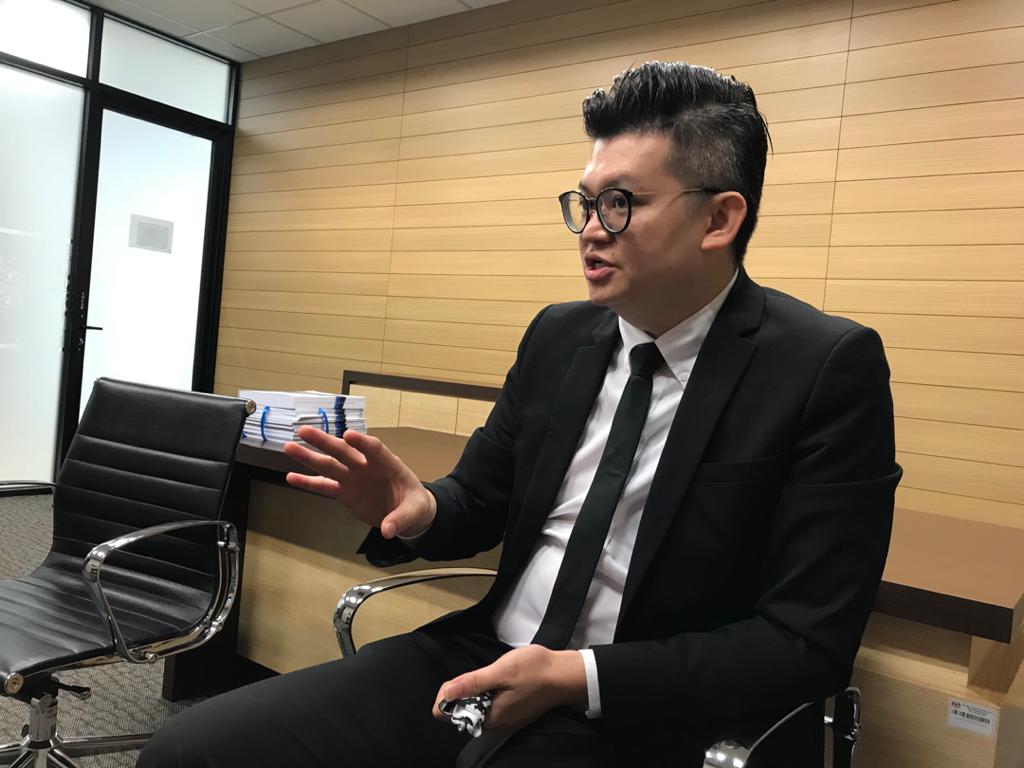KUALA LUMPUR, August 5 — Bandar Kuching MP Dr Kelvin Yii has urged the Ministry of Health (MOH) to allow contract doctors to get its Hadiah Latihan Persekutuan (HLP) scholarship to pursue specialist training in local universities.
The DAP lawmaker said if these medical officers manage to secure a seat in local masters programmes, their contracts should be extended to enable them to complete their specialisation.
“Once they have completed their masters programme, this should be used as one of the criteria to offer them a permanent position as the country needs more specialists,” said Dr Yii when debating the King’s Speech in Parliament Monday.
“Actually, this is a policy decision that can be made at the ministry level. And this can’t be done, the ministry should explain why not.”
Health Minister Dr Adham Baba recently told the Dewan Rakyat that contract medical officers can finance their own specialist study and go abroad as they’re currently not eligible for the HLP scholarship, which is only available to permanent doctors, to pursue specialisation in local public universities.
But doctors’ group Malaysian Medics International said even if doctors are able to pay for their own specialist training, they may not be able to complete it as their two-year compulsory government service falls short of the required training period. Postgraduate specialty training for doctors requires a minimum of four years, which begins after the completion of housemanship.
Dr Yii also suggested that MOH use service in district hospitals and rural clinics as a criterion in offering doctors permanent posts, despite Dr Adham telling him earlier that the government does not list work in the interiors as a criterion for government doctors, dentists, and pharmacists to be considered for permanent posts in the public sector.
Currently, in the interiors of Sarawak, 45.6 per cent of clinics are run by nurses or medical assistants only, Dr Yii pointed out.
Doctors in rural areas are not given many incentives, so offering them a permanent position will encourage them to stay and serve the rural community.
Many interior or rural areas in Sarawak are not accessible by road. The community relies on mobile boat clinics or doctors travelling by helicopters, but the Flying Doctor Service (FDS), Dr Yii noted, only visits villages once a month at the most, and doctors only spend three hours a day at a particular location.
“Imagine, in one month, out of 30 days, they don’t have medical care from doctors for 29 days.”
He also questioned why MOH outsourced the FDS and Medical Evacuation (MEDEVAC) services for Sabah, Sarawak, and the Orang Asli residing in rural areas in Perak and Kelantan to the private sector, purportedly for cost reasons.
“I want to ask the ministry, which company was given the tender, was it an open tender, how much money has the government saved, what are the long-term projections, and does it really benefit the government?
“This is very important because we shouldn’t use rural health as a source to enrich cronies.”
Dr Yii said contract doctors were mainly dissatisfied with the selection process for permanent appointments, as they perceive the performance review process as opaque and open to favouritism and bias.
Listing service in rural areas as a criterion for contract extension or permanent positions would help give contract medical officers certainty, “so they know what they must achieve, and they can work harder to fulfill those criteria for brighter opportunities”.
The Sarawakian MP also questioned how many of the 102 permanent positions opened in Sarawak earlier this year were offered to Sarawakians, pointing out that over the years, most health workers from the peninsula posted to Sarawak returned to their home state after serving their two-year compulsory service.
“I am very thankful for their contributions and sacrifices,” Dr Yii said. “However, the main issue is that the lack of doctors in Sarawak, especially in the interiors, will not be resolved holistically, especially in the long run.”
Dr Yii suggested that MOH prioritise Sarawakians for permanent placements in Sarawak to ensure the continuity of their service in the state.
“This is also in line with our rights under the MA63 (Malaysia Agreement 1963) on the Borneonisation of the workforce, or increasing human resources from local workers.”








